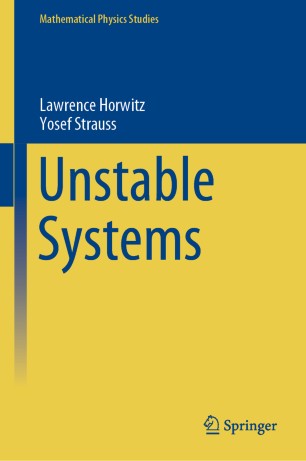

Most ebook files are in PDF format, so you can easily read them using various software such as Foxit Reader or directly on the Google Chrome browser.
Some ebook files are released by publishers in other formats such as .awz, .mobi, .epub, .fb2, etc. You may need to install specific software to read these formats on mobile/PC, such as Calibre.
Please read the tutorial at this link: https://ebookbell.com/faq
We offer FREE conversion to the popular formats you request; however, this may take some time. Therefore, right after payment, please email us, and we will try to provide the service as quickly as possible.
For some exceptional file formats or broken links (if any), please refrain from opening any disputes. Instead, email us first, and we will try to assist within a maximum of 6 hours.
EbookBell Team

4.0
86 reviewsThis book focuses on unstable systems both from the classical and the quantum mechanical points of view and studies the relations between them. The first part deals with quantum systems. Here the main generally used methods today, such as the Gamow approach, and the Wigner-Weisskopf method, are critically discussed. The quantum mechanical Lax-Phillips theory developed by the authors, based on the dilation theory of Nagy and Foias and its more general extension to approximate semigroup evolution is explained.
The second part provides a description of approaches to classical stability analysis and introduces geometrical methods recently developed by the authors, which are shown to be highly effective in diagnosing instability and, in many cases, chaotic behavior. It is then shown that, in the framework of the theory of symplectic manifolds, there is a systematic algorithm for the construction of a canonical transformation of any standard potential model Hamiltonian to geometric form, making accessible powerful geometric methods for stability analysis in a wide range of applications.